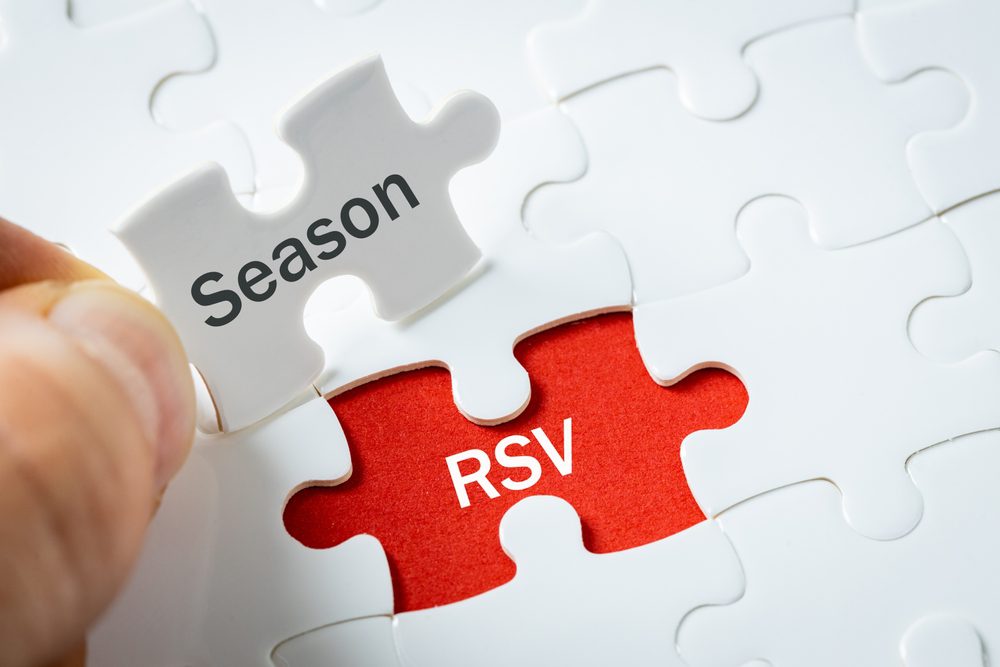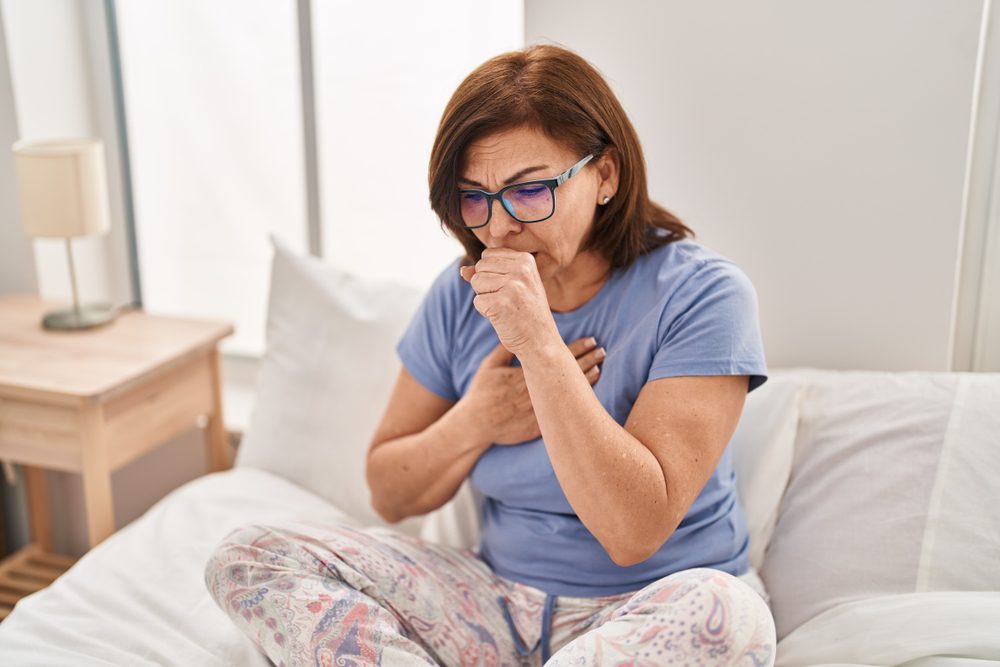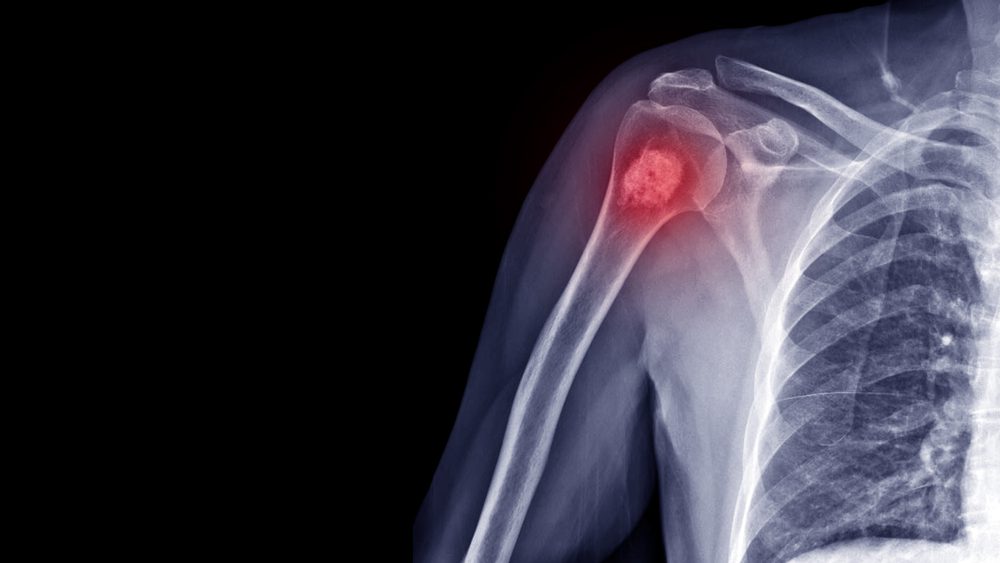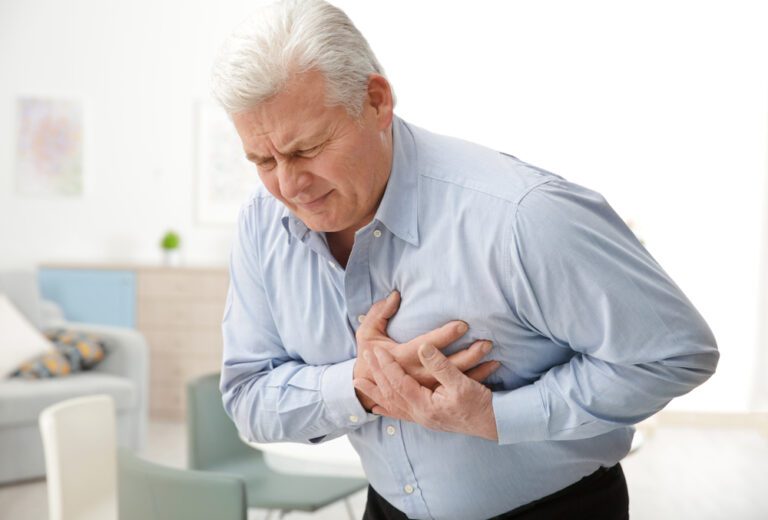RSV (respiratory syncytial virus) is a condition that causes cold-like symptoms that are generally quite mild, but if you have never had this condition, you might want to know more about what to expect. This is why today we are going to discuss the symptoms of RSV. Maybe they seem to be the same as COVID-19, but this is not true at all.
You’ve most probably had RSV in childhood, and you don’t even know about it. Most children get infected by the age of two, but usually, they don’t need hospitalization and recover quickly.
According to estimates from the Centers for Disease Control and Prevention (CDC), RSV causes 6,000–10,000 fatalities and 60,000–160,000 hospitalizations annually in people over the age of 60.
The good news is that most people will not need hospitalization and will completely recover in a week or two. But let’s see together the most common symptoms of RSV.

Do you have RSV?
As we age, it becomes more and more important to be careful about our health. It is crucial to be able to recognize the symptoms of RSV and distinguish them from other viral infections common among seniors, such as the flu, common cold, and COVID-19. Sometimes the symptoms overlap, and it can be hard to tell them apart.
Medical professionals know how hard it is to differentiate between RSV and other respiratory infections, which is why they advise anyone who presents with symptoms to get tested. This is the only way to know exactly what illness you have. You can try a rapid RSV antigen test, or you can get a molecular test like the RT-PCR one.
Doctors advise a more comprehensive approach, and they say that you should get individually tested for flu, COVID-19, and RSV at the same time.
What are the first signs?
Generally, the first symptoms of RSV are similar to those of a mild cold. Knowing how to differentiate RSV from a regular cold is essential for seniors because, in this way, they can be sure to get medical attention before things have the chance to get worse.
In most cases, RSV starts with common respiratory infection symptoms such as a runny nose, nasal congestion, or sore throat. After two or three days have passed, the symptoms of RSV might get more serious, and you can develop a cough and also experience a mild fever. Remember that most adults don’t get a fever at all, and this might be an uncommon symptom.
Age is extremely important when we talk about the symptoms of RSV. For example, young ones will have a combination of a running nose, coughing, and fever, while adults may experience a cough or a stuffy nose.
As RSV progresses, the symptoms change, and they can become more severe. The most common ones are sneezing, decreased appetite, wheezing, irritability, trouble breathing, and an overall sense of not feeling well.
The symptoms of RSV usually appear six days after you’ve been exposed to the virus. If you know that you’ve been around someone who has a cold and after six days you start having these symptoms, you might have RSV.
One of the tricky aspects of this condition is its asymptomatic transmission among adults. Many seniors might be carrying this virus around, but since they show no symptoms and feel good, they can carry the infection and spread it without knowing it.
How long does it last?
Understanding the timeline of this condition is key, and every senior should know how RSV develops. Generally, for adults over 60, the RSV infection lasts between five and ten days from the onset of the symptoms.
Be extremely careful about days 4 and 5, because they are usually the days when the symptoms peak. This is when most people might get a lingering cough that can last for weeks and, in the worst cases, for months. Monitor your symptoms and take action if there is something that makes you worry.
If you are one of those people who has a more severe infection and needs hospitalization, the illness can last a little longer. Also, people who suffer from heart or lung disease will need more recovery time than the average healthy person.
Understanding how this condition develops and how long it lasts is important because it helps with personalized care for seniors. Good management of the symptoms is crucial when speaking of recovery time and the chance of not getting complications associated with pre-existing conditions.
Are you at risk?
Most of the time, babies are the most affected by the symptoms of RSV, and some of them might also need hospitalization. Their tiny airways can get easily inflamed, and this is why they might experience more severe symptoms.
But babies are not the only ones who are affected. Adults might also get really sick. Here are some of the groups of adults who are more exposed to such a risk: Older adults, adults with underlying medical conditions, adults with chronic heart or lung diseases, those with weakened immune systems, and adults who are living in nursing homes or long-term care facilities
Adults at high risk may exhibit symptoms such as dyspnea, coughing, chest discomfort, or even pneumonia and shortness of breath. Those who suffer from chronic conditions such as heart failure might also experience leg swelling, and they might have trouble staying flat during the night.
Do you need to isolate yourself?
Managing the symptoms of RSV is a big part of the recovery process; knowing how to deal with it is something very senior should know. If you know that you have been exposed to the virus or are already sick, isolating is the best thing you can do to stop spreading the virus.
Staying home will shield others from becoming infected. The virus spreads easily through coughing, sneezing, or touching shared surfaces. Even if self-isolation is not mandatory, this is the best approach you can take until your symptoms of RSV improve and the risk of infection is lower.
Seniors should stay at home until they feel better, and most importantly, until they have no fever for 24 hours without taking any fever-reducing medications.
But even if you isolate some moments, it might be hard to not encounter other people, such as your family, and this is why you should know about some tips that can help you reduce the spread of the virus.
When you are coughing, cover your nose and mouth with a tissue. Always avoid using your hands to cover. Wash your hands frequently, and when you have to interact with people, wear a mask. Try to clean the surfaces you use the most, like door knobs and your phone.

How to treat the symptoms at home
Even if there is no specific antiviral medication that can shorten the severity and duration of the symptoms of RSV, there are basic measures that can help you alleviate these symptoms at home.
Seniors should try to support their bodies to fight the infection. Rest well, hydrate a lot, and, when needed, take fever-reducing medication. The body will begin the natural recovery process, and these measures will help you with the discomfort that is produced by the symptoms.
Remember that you still need to be careful, and if your symptoms worsen, go to a doctor immediately. Be particularly careful with rapid breathing and shortness of breath.
If you have a runny nose, you might need some tissues: Presto! Ultra-Soft 3-Ply Premium Facial Tissues
You should also read: 9 Things to Do Before and After You Get the Flu Shot!

























